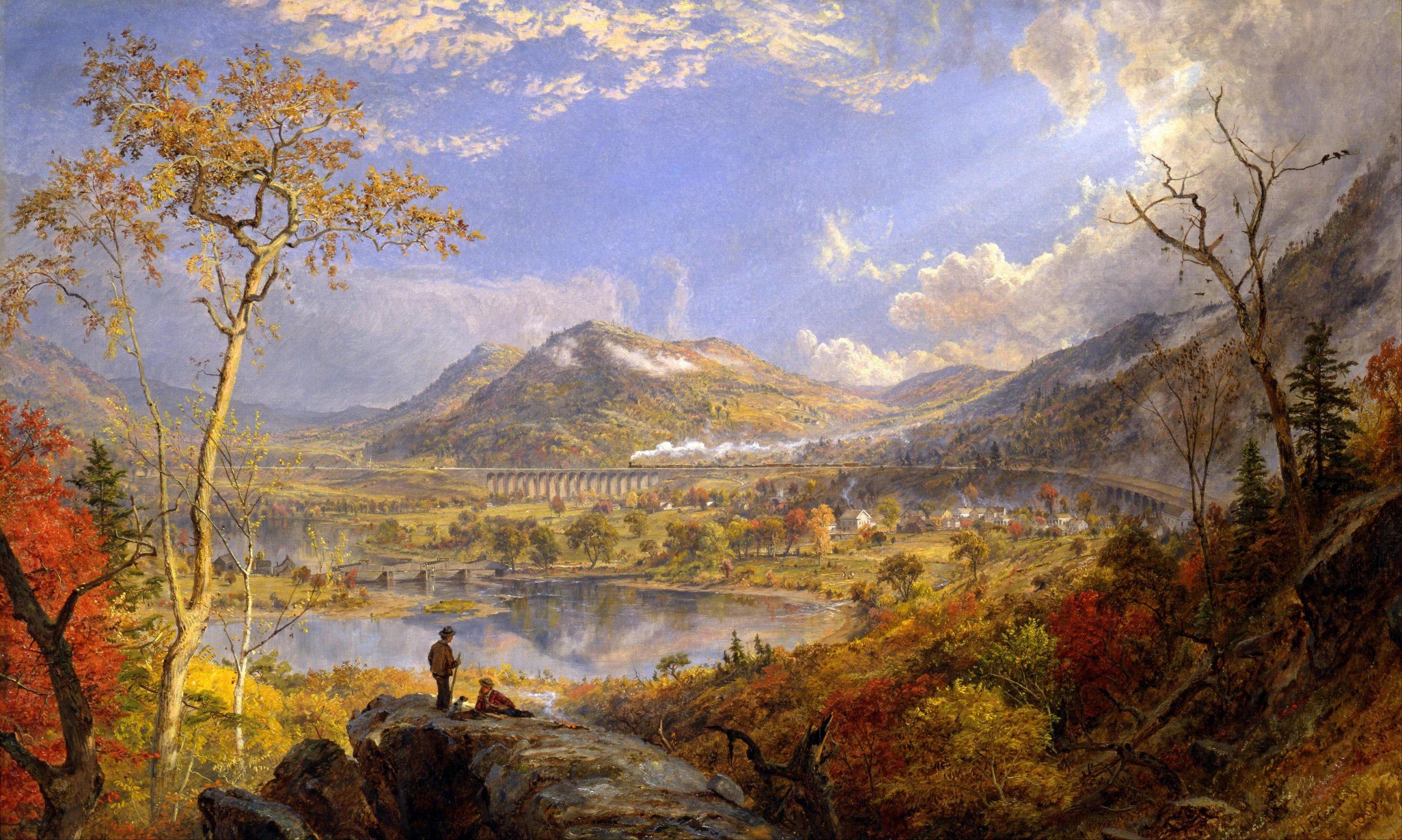W3USR
- Home Page 328

Animal Farm
This content is accessible to paid subscribers. To view it please enter your password below or send mike@standardsmichigan.com a request for subscription details.
Standards Pennsylvania
As we explain in our ABOUT, we are continuing the development of the cadre of “code writers and vote-getters” begun at the University of Michigan in 1993. We are now drilling down into state and local adaptations of nationally developed codes and standards that are incorporated by reference into public safety and sustainability legislation. Every state will have to be managed according to its history, culture, governance regime, asset-base and network of expertise.
Standards Michigan will remain the “free” home site but state-specific sites such as Standards Pennsylvania will be accessible to user-interest code-writers and vote-getters. Please send bella@standardsmichigan.com a request to join one of our mailing lists appropriate to your interest for #SmartCampus standards action in the State of Pennsylvania.
We recommend Larry Spielvogel (spielvogel@comcast.net) for energy-related engineering expertise in the Tri-State Metropolitan Philadelphia region.


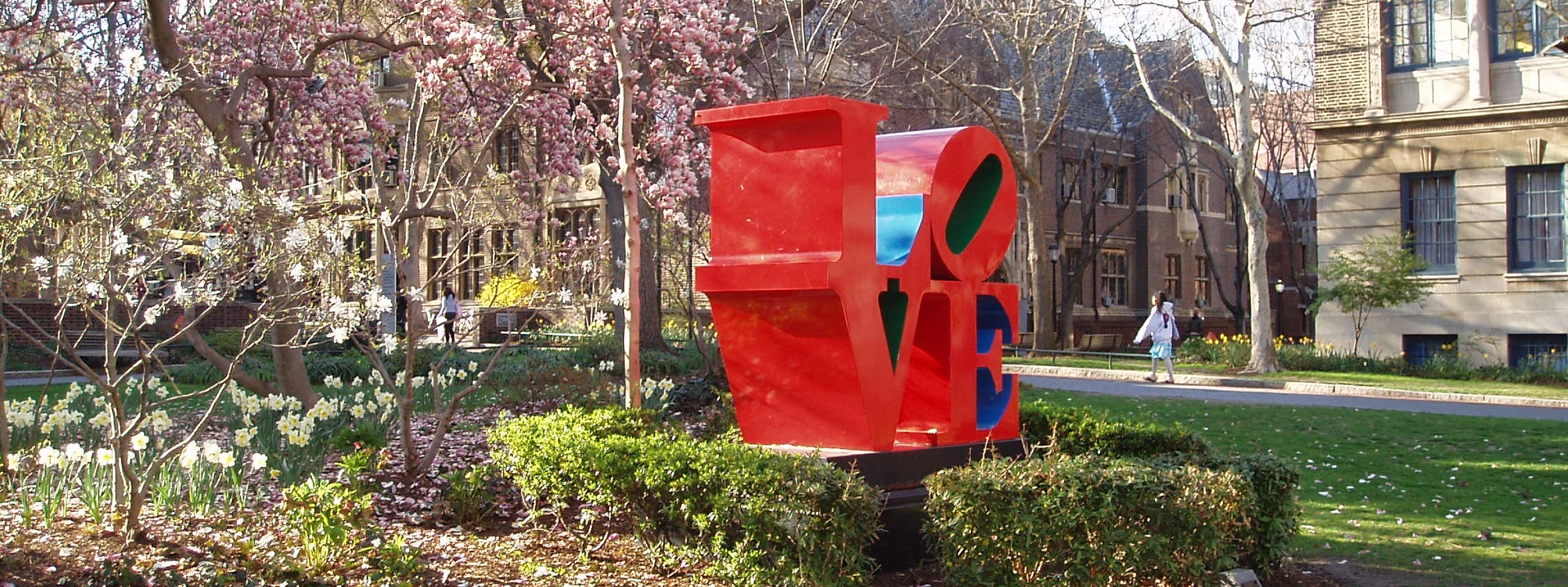


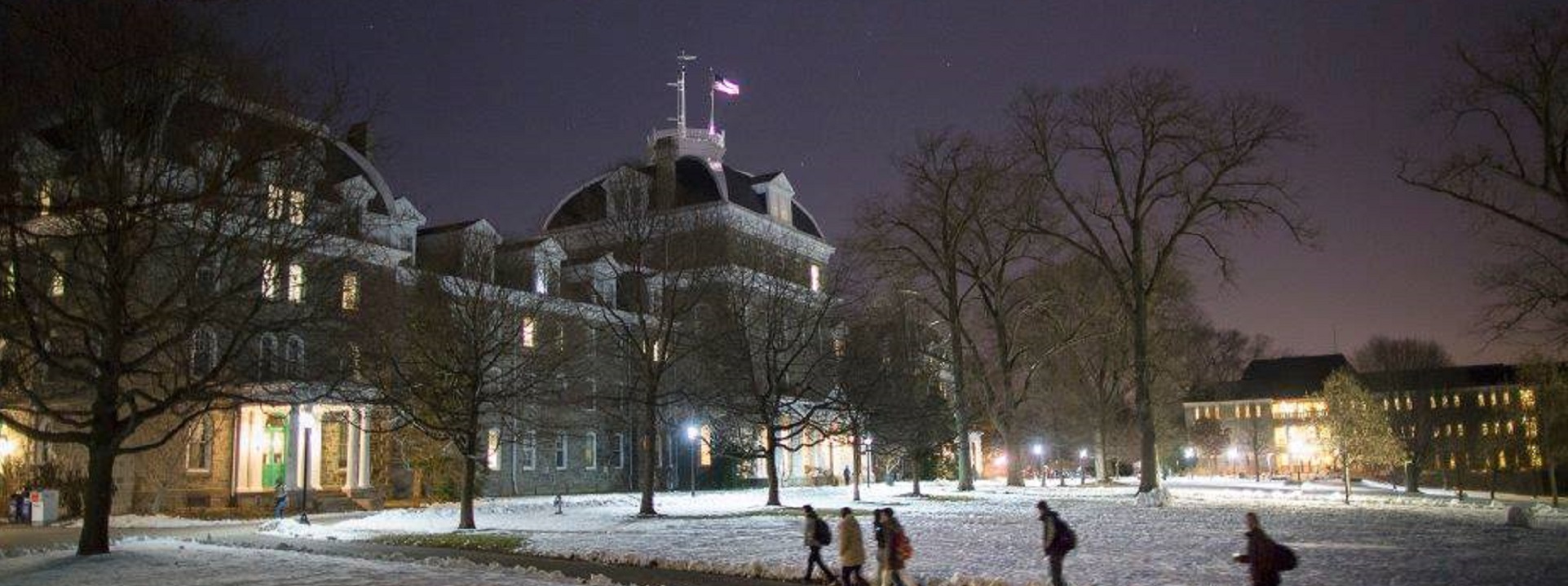
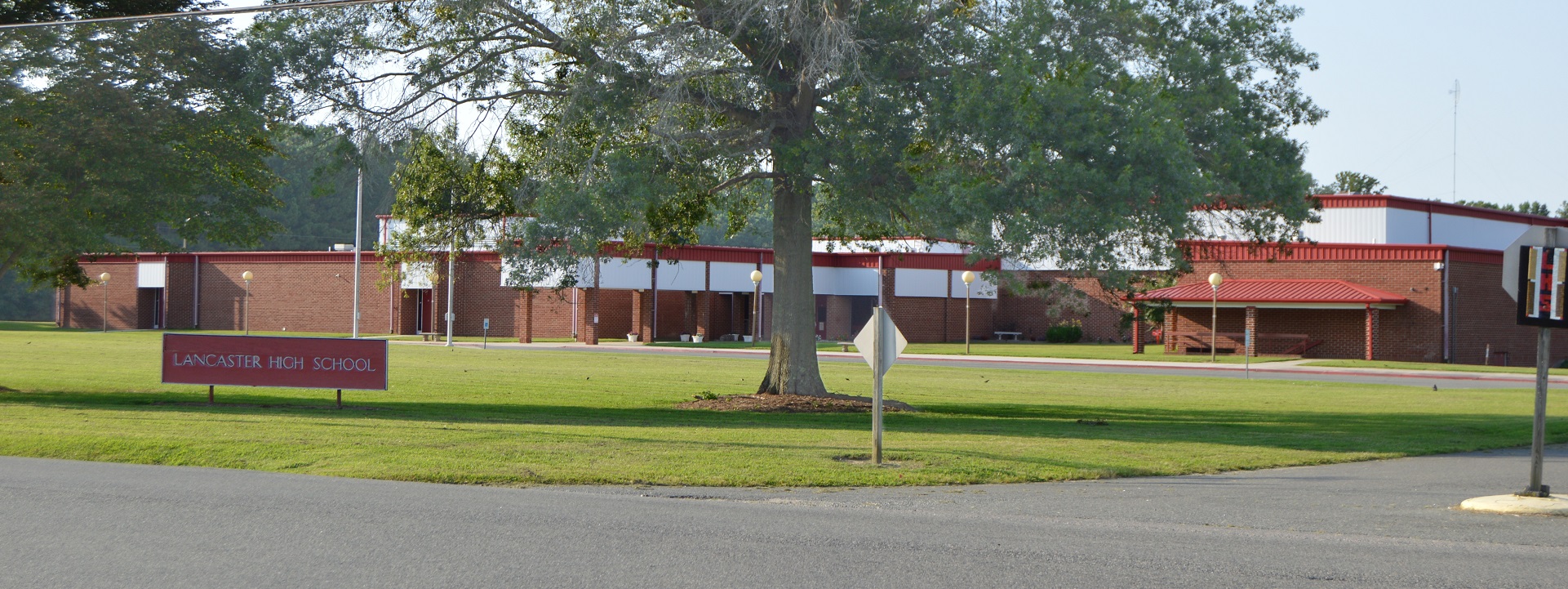
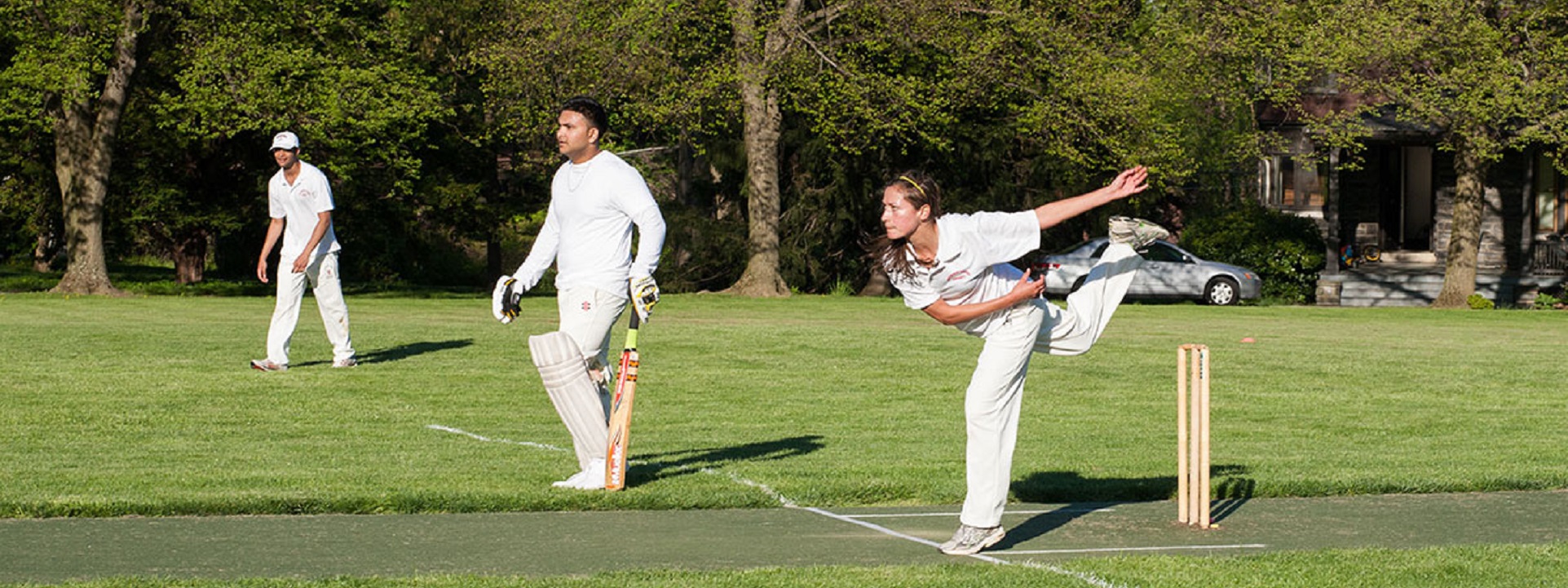

More:
US Census Bureau American Community Interactive Data Map
US Congressional Districts Map
Teacher & Licensing Requirements by State
Finance
Electronic Municipal Market Access / Pennsylvania
Reimbursements for School Construction Bond Issues
University of Pennsylvania Office of Budget and Management Analysis
Safety
Energy
Pennsylvania Public Utility Commission
Information & Communication
College radio stations in Pennsylvania
News
Lampeter-Strasburg school board to purchase bond up to $11M for school improvements
Virtue Signaling Standards
This content is accessible to paid subscribers. To view it please enter your password below or send mike@standardsmichigan.com a request for subscription details.
Survey and Analysis of Current End-User Data Analytics Tool Support
Survey and Analysis of Current End-User Data Analytics Tool Support
Hourieh Khalajzadeh – John Grundy
Faculty of Information Technology, Monash University
Mohamed Abdelrazek
School of Information Technology, Deakin University
John Hosking
Faculty of Science, University of Auckland
Qiang He
Swinburne University of Technology
Abstract: There has been a very large growth in interest in big data analytics to discover patterns and insights. A major challenge in this domain is the need to combine domain knowledge – what the data means (semantics) and what it is used for – with advanced data analytics and visualization techniques to mine and communicate important information from the huge volumes of raw data. Many data analytics tools have been developed for both research and practice to assist in specifying, integrating and deploying data analytics applications. However, delivering such big data analytics applications requires a capable team with different skillsets including data scientists, software engineers and domain experts. Such teams and skillsets usually take a long time to build and have high running costs. An alternative is to provide domain experts and data scientists – the end users – with tools they can use to create and deploy complex data analytics application solutions directly with less technical skills required. In this paper we present a survey and analysis of several current research and practice approaches to supporting data analytics for end-users, identifying key strengths, weaknesses and opportunities for future research.
CLICK HERE to order complete paper
Campus Transportation & Parking System Design
Campus shuttle: Design of a college campus parking and transportation system
Abstract: George Mason University is a commuter campus in Fairfax, VA. To meet forecast growth, parking lots are being removed to make space for classroom buildings. The loss of parking slots requires either additional parking garages or mass-transit shuttles to make up for the loss in parking spaces. There are also concerns about traffic congestion and emissions caused by the college’s commuters. The Fairfax campus population is predominantly made up of commuters, with 77% of the population living off campus, a vast majority of which drive single occupant vehicles (SOV) to campus due to poor access to mass transit. At present, the GMU Fairfax campus has a parking utilization of 86%, leaving a surplus of approximately 900 parking spaces. Fairfax campus is predicted to start having a parking deficit sometime between 2014 and 2015. Projections out to 2020 show a deficit of 3,800 spaces. To counter that deficit, more than 10,600 current commuters would need to switch from SOV transportation to alternate forms of transit. A reduction of SOV commuters would also lead to lower CO2 emissions from the Fairfax campus. This paper describes the design of a system for addressing transportation and parking demand.
This has 3 major parts:
(1) identifying surrounding areas of significant Fairfax commuter populations;
(2) the ability to predict ridership if a shuttle stop were to be placed in any of those areas by using a decision support tool (DST);
(3) a utility analysis (CO2, parking, and cost) of creating shuttle routes or garages to meet parking needs.
In order for GMU to continue growing, both commuter shuttles and parking garages will be needed. If four additional routes are added, GMU can continue to grow through 2016 with a parking utilization of 96%. To continue growth beyond that point will require additional parking garages or bus routes.
CLICK HERE to order complete paper
Students Learn Engineering Through Coffee
This content is accessible to paid subscribers. To view it please enter your password below or send mike@standardsmichigan.com a request for subscription details.
New update alert! The 2022 update to the Trademark Assignment Dataset is now available online. Find 1.29 million trademark assignments, involving 2.28 million unique trademark properties issued by the USPTO between March 1952 and January 2023: https://t.co/njrDAbSpwB pic.twitter.com/GkAXrHoQ9T
— USPTO (@uspto) July 13, 2023
Standards Michigan Group, LLC
2723 South State Street | Suite 150
Ann Arbor, MI 48104 USA
888-746-3670




